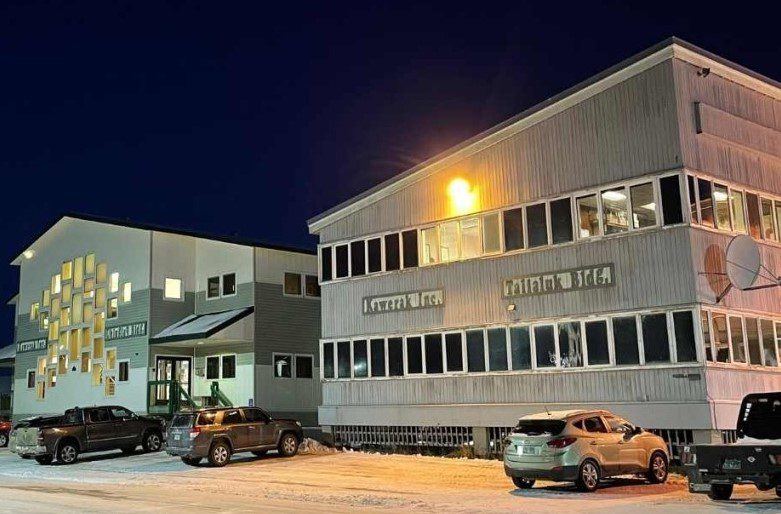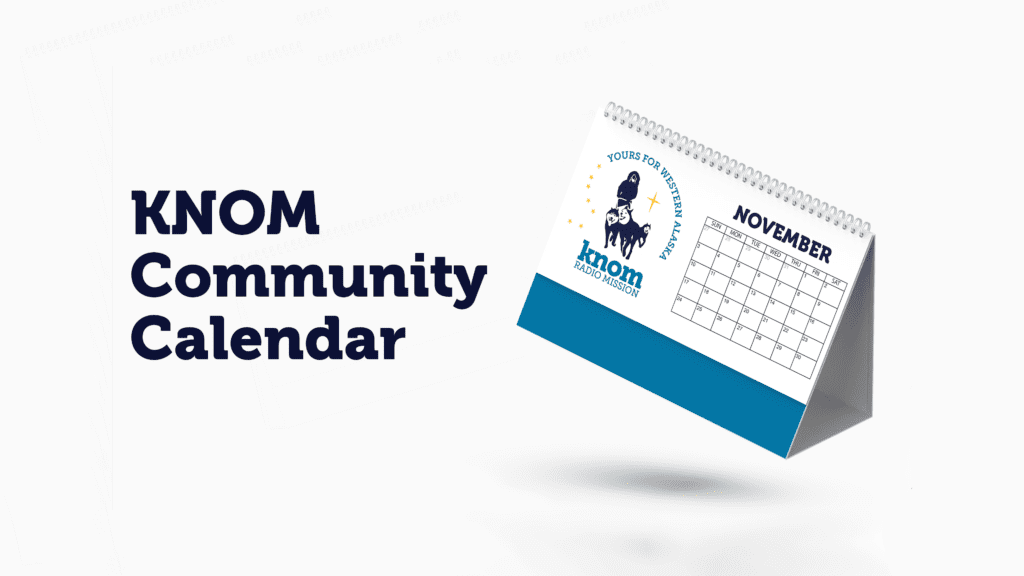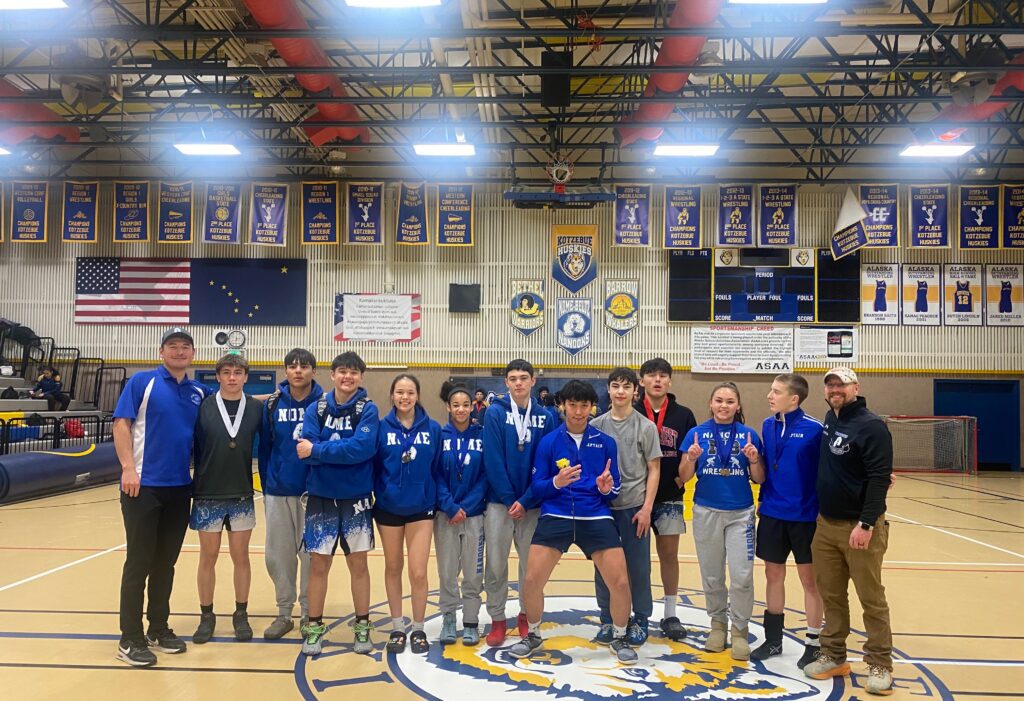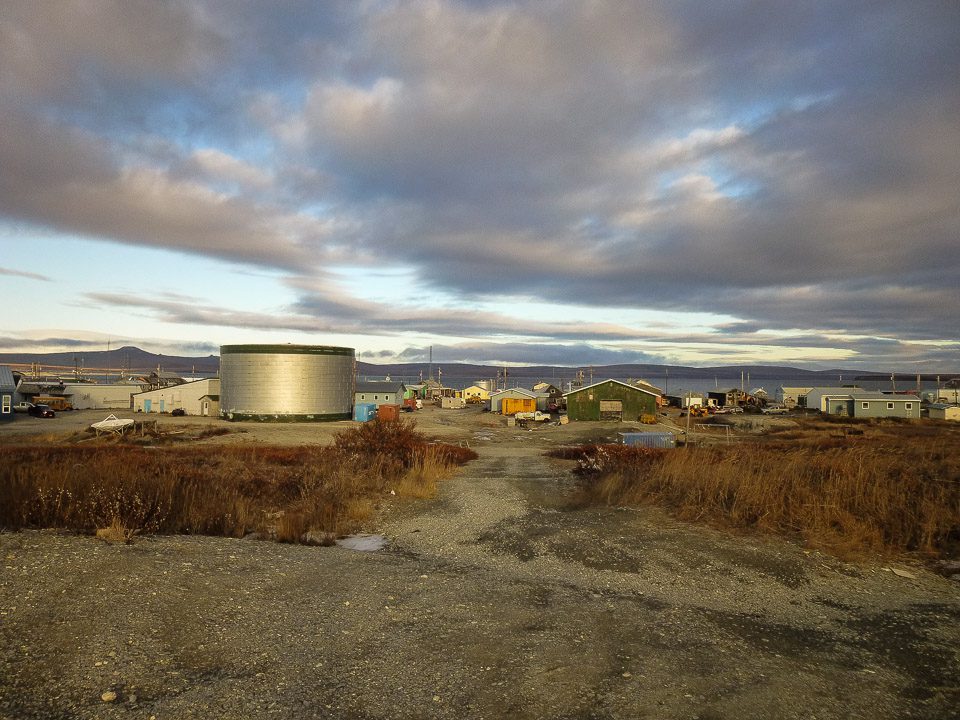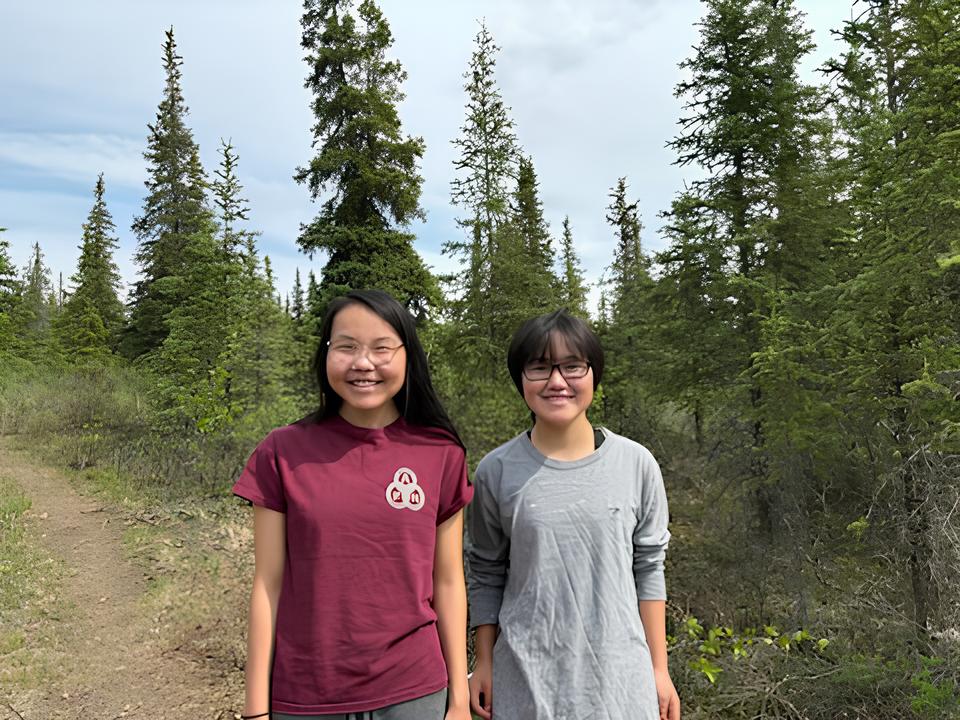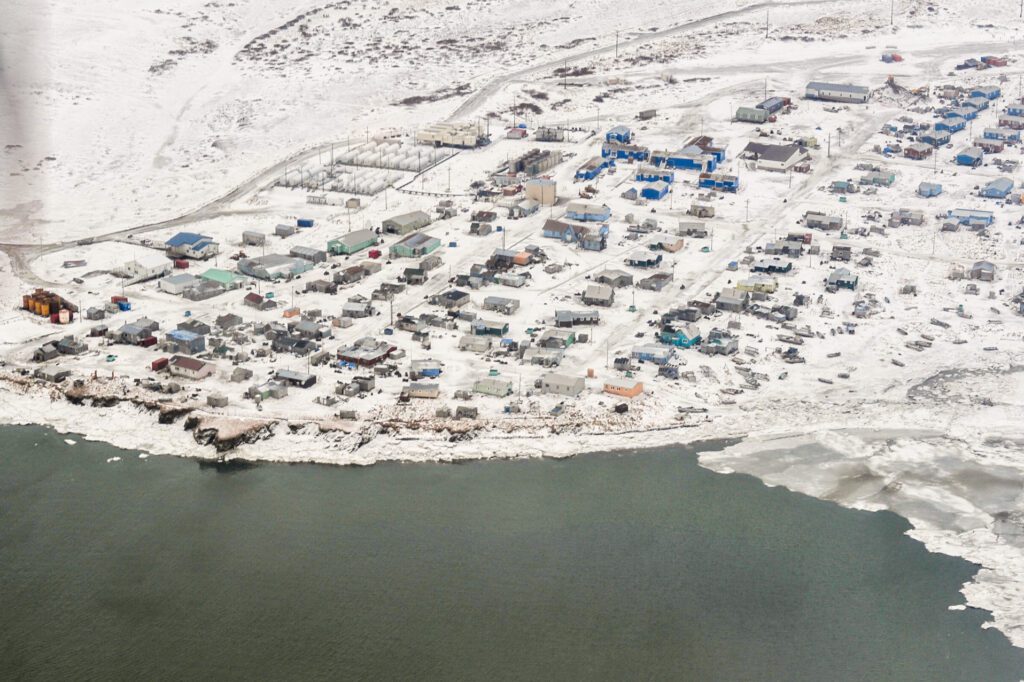WHITE MOUNTAIN, Alaska — From Teller and Kaktovik to Shungnak and Tuluksak, Iñupiaq photographer Brian Adams has traveled all over rural Alaska for “I Am Inuit.” The project aims to document Alaska Inuit culture and share it with the world through portraits and stories of local people.
Brian Adams is a photographer. He grew up in Girdwood, outside of Anchorage, and he traveled to his dad’s hometown of Kivalina as a kid on family vacations. But he really fell in love with the village as an adult.
“I went to Kivalina in 2005 for my grandma’s funeral,” said Adams. “I brought a couple of cameras and really got into the community. Making photos was just so much fun there. After that trip, I was like, ‘This is what I want to do. I want to keep coming to the villages. I want to make a body of work of this.’ It was a changing point for me.”
Now, with “I Am Inuit,” Adams does just that. He documents the life and people of villages across Alaska.
“Most people, especially in Inuit culture, I’m finding — they’re not used to talking about themselves,” he said. “So getting people to warm up and feel free to talk about themselves can be semi-challenging at times. But once you get them going, they’re pretty excited. You can tell a lot of people are very proud of their livelihood and where they live.”

Today, Adams is in White Mountain. He only has three or four days in each community he visits, so he gets to work fast, walking around town and trying to meet as many people as he can.
“I try not to be pushy at all. I want people to be as comfortable as possible with me, especially while taking photos,” he said. “I really feel like they’re giving me something whenever I get a portrait. So if they say no, I’m usually kind of bummed. But at the same time, I totally understand. If I was living my day-to-day life and somebody stopped me with all their camera equipment and asked to take a portrait, I’d be like, ‘Ehhh.’”
Adams does strike out when he asks to interview the cashier at the White Mountain Native Store. Eventually, though, he has better luck when he bumps into Karl Ashenfelter, a customer who’s there to buy coffee.
Ashenfelter, an elder, grew up in White Mountain. This morning, he’s in no rush, so he gives Adams a few minutes for an interview and a photo.
“So you’d be Iñupiaq?” asked Adams.
“I’m three-quarters Eskimo and a quarter German,” said Ashenfelter.
Right there in the store, as employees stock shelves and price goods, Ashenfelter tells Adams about his life — how he’s seen the climate change, how much his grandchildren mean to him, even how he defines wisdom. He shares a lot with Adams, but not everything.
“Tell me more about your art,” said Adams. “You said you’re a painter?”
“I can carve. I can paint. I can do just about anything, really,” said Ashenfelter. “But I don’t do it anymore. There’s a long story behind that.”
“Do you want to talk a little bit about that?” asked Adams.
“No,” Ashenfelter laughed.
As the interview wraps up, they head outside to do photos in the natural light. Adams has Ashenfelter stand for two portraits: one in front of the Native Store and another along the roadside, as snowmachines buzz by.
“On three — One, two, and three! Thank you, sir,” said Adams. “Nice to meet you.”
Coffee in hand, Ashenfelter says goodbye and leaves to go about his day. Meanwhile, Adams takes a coffee break himself before getting back to work: Walking around White Mountain, meeting the people who live there, and asking them to share their stories.
The photos and interviews from Adams’ trip to White Mountain are now up on the “I Am Inuit” website. Adams posts a new picture to the website everyday, and he’ll do so until the one-year anniversary of the project on October 26. After that, he plans to publish a book of photos from the project. He also hopes to expand the effort to include Inuit people in Canada and Greenland.
